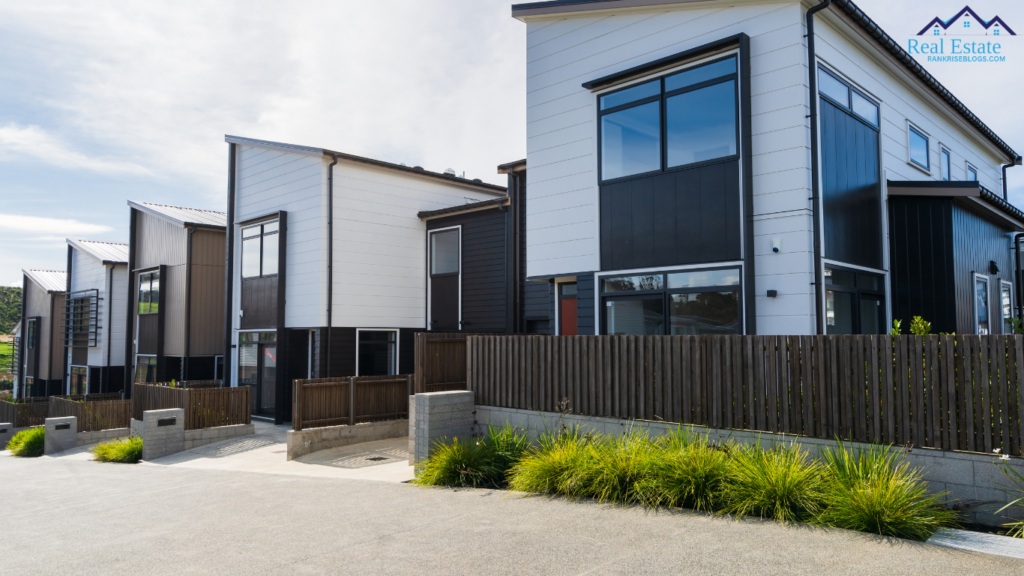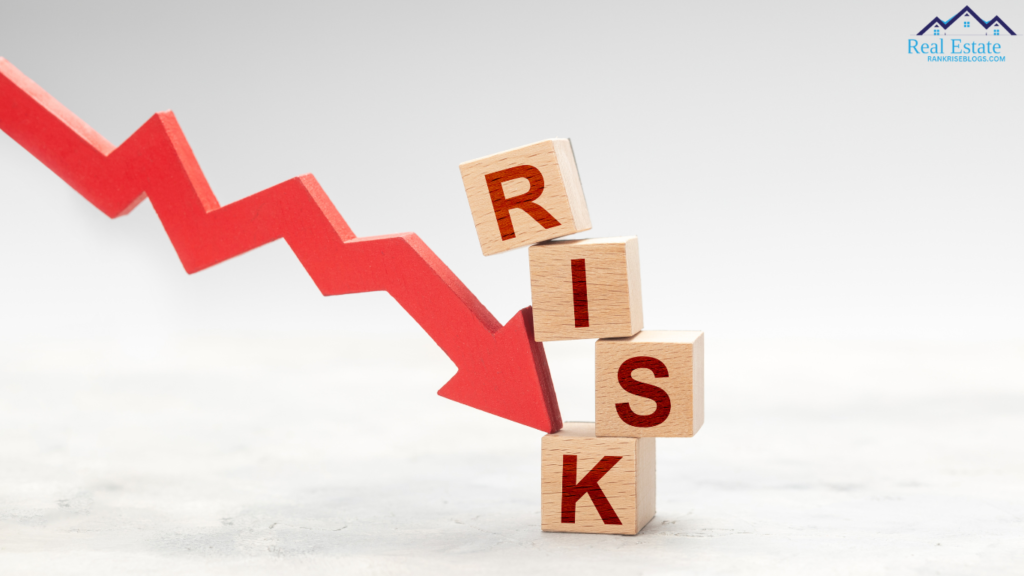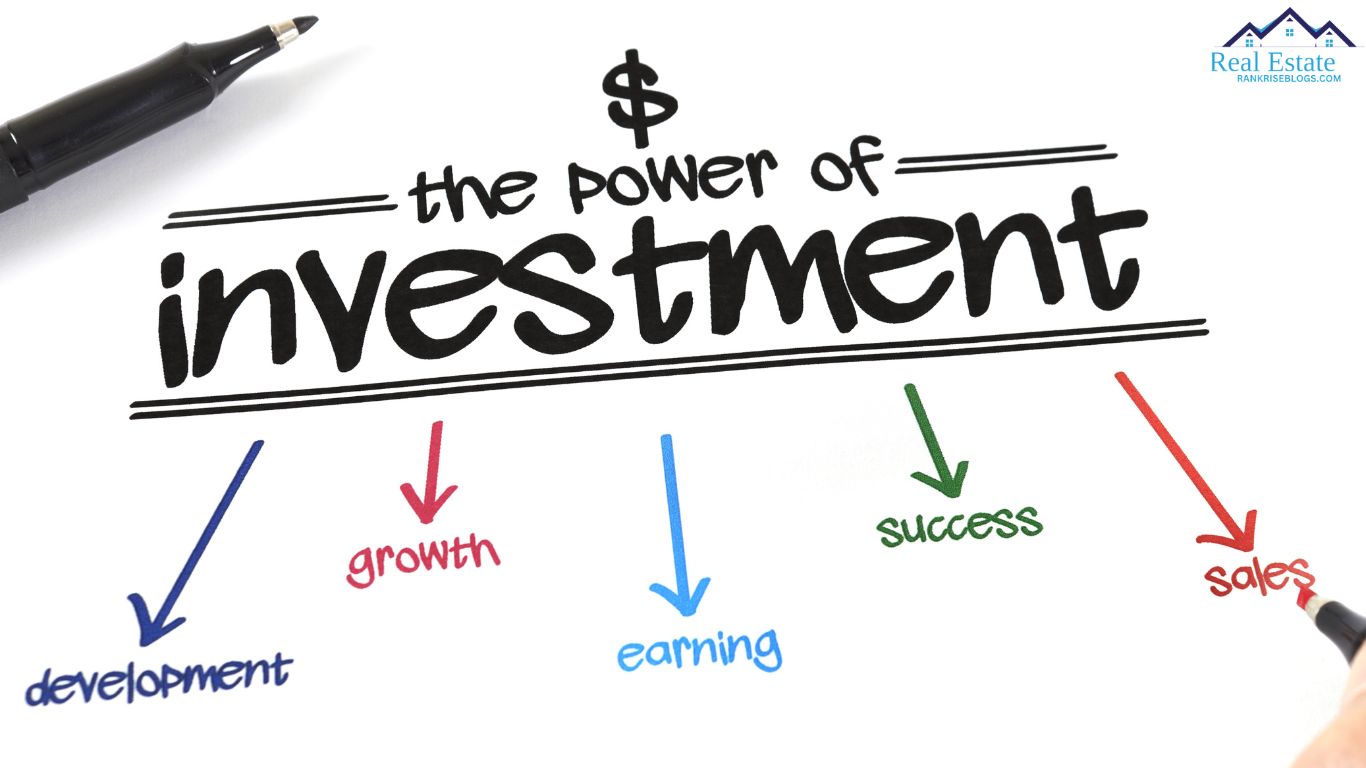Introduction: What Makes a Property an Investment?
If you’re looking to make your money work for you, real estate can be an excellent avenue to explore. But what exactly is an investment property? Simply put, an investment property is any property purchased with the primary goal of generating income. Whether you rent it out, flip it for profit, or hold it for value appreciation, investment properties are a proven way to build long-term wealth.
In this guide, we’ll explore what defines an investment property, the different types available, and the key factors that make a property profitable. Whether you’re a beginner or looking to expand your portfolio, this guide will provide valuable insights to help you succeed in real estate investment.
What Exactly Is an Investment Property?
An investment property is a property purchased with the primary intention of generating a return on investment (ROI). Unlike a primary residence, which is intended for personal use, an investment property is acquired with the goal of earning money through:
- Rental Income: Renting the property to tenants.
- Capital Appreciation: Holding the property as its value increases over time.
- Both: Generating rental income while benefiting from long-term appreciation.
Whether you choose residential, commercial, or industrial real estate, an investment property is all about creating financial gain.
Common Types of Investment Properties
Investment properties come in various forms, each with its own benefits and challenges. Let’s explore the most popular options:
1. Residential Investment Properties
Residential properties are the most common type of investment properties. They include:
- Single-Family Homes: Standalone homes rented to individual tenants.
- Multi-Family Units: Duplexes, triplexes, or apartment buildings that generate income from multiple tenants.
- Condos and Townhouses: More affordable options for those starting small.
These properties are relatively easy to finance and manage, making them ideal for new investors.
2. Commercial Investment Properties
Commercial properties are spaces used for business purposes. They typically require higher investment but can yield greater returns. Examples include:
- Office Buildings: Rented to businesses for operations.
- Retail Properties: Shopping centers, standalone stores, or malls leased to retailers.
- Mixed-Use Developments: Properties that combine residential and commercial spaces.
3. Industrial Properties
Industrial properties cater to manufacturing, storage, and distribution needs. Examples include warehouses, factories, and storage facilities. They often require specialized management but can offer high passive income in the right location.
4. Vacant Land
While land doesn’t generate immediate income, it’s a great long-term investment. Land value can appreciate significantly, especially in areas poised for development.

Key Features to Look for in an Investment Property
To ensure profitability, focus on these critical factors:
- Location:
A desirable location is essential. Look for properties close to schools, transportation, amenities, and employment hubs. - Rental Demand:
Ensure strong rental demand in the area to maintain steady cash flow and minimize vacancies. - Property Condition:
A property in good condition requires less maintenance, saving you time and money. Alternatively, fixer-uppers can offer value if you’re willing to renovate. - Appreciation Potential:
Choose properties in areas where property values are steadily increasing.
Cash Flow:
Calculate potential rental income after accounting for mortgage payments, taxes, insurance, and maintenance costs. Positive cash flow is key to a sustainable investment.
Benefits of Owning an Investment Property
Investing in real estate comes with several advantages:
- Passive Income: Earn consistent income through rental payments.
- Appreciation: Over time, property values increase, enabling you to sell at a profit.
- Tax Benefits: Deduct expenses like mortgage interest, repairs, and depreciation.
- Portfolio Diversification: Diversify your investments to reduce risk.
Risks of Investment Properties
While the benefits are appealing, real estate investment also carries risks:
Tips for Choosing the Right Investment Property
- Define Your Goals:
Are you seeking rental income, long-term appreciation, or a quick flip? Your goals will influence your choice of property.
- Research the Market:
Study local real estate trends, population growth, and job opportunities. Areas with strong demand often yield better returns.
- Calculate ROI:
Estimate potential income and expenses to ensure the property will deliver a positive return on investment.
Explore Financing Options:
Decide on the best way to finance your property, whether it’s through a traditional mortgage, hard money loans, or cash purchases.

Financing Your Investment Property
Investment property loans often require a larger down payment and stricter terms. Consider the following options:
- Traditional Mortgages: Standard loans for investment properties, often requiring 15–25% down.
- Hard Money Loans: Short-term loans based on the property’s value rather than your credit score.
- Cash Purchases: Simplifies the buying process and eliminates monthly payments.
Tax Considerations for Investment Properties
Owning an investment property comes with tax benefits, including deductions for:
- Mortgage interest
- Repairs and maintenance
- Property management fees
- Depreciation
Consult a tax advisor to maximize your tax savings.
FAQ: Frequently Asked Questions
1. What is the difference between an investment property and a primary residence?
An investment property is purchased for income or appreciation, while a primary residence is for personal use.
2. Can I buy an investment property with no money down?
Most investment properties require a 15–25% down payment, though some programs offer low down payment options.
3. What are the tax benefits of owning an investment property?
You can deduct expenses like mortgage interest, repairs, and depreciation, reducing your taxable income.
4. How do I know if an investment property will be profitable?
Evaluate factors such as location, rental demand, property condition, and potential appreciation.
5. What are the risks of owning an investment property?
Risks include market fluctuations, tenant vacancies, and high maintenance costs.
Conclusion: Is Real Estate Investing Right for You?
Investment properties can be an excellent way to build wealth, but they require careful planning and management. By understanding your goals, conducting market research, and preparing for risks, you can enjoy the benefits of steady cash flow and long-term appreciation.
Start small, think big, and approach property investment with a clear strategy. Happy investing!



